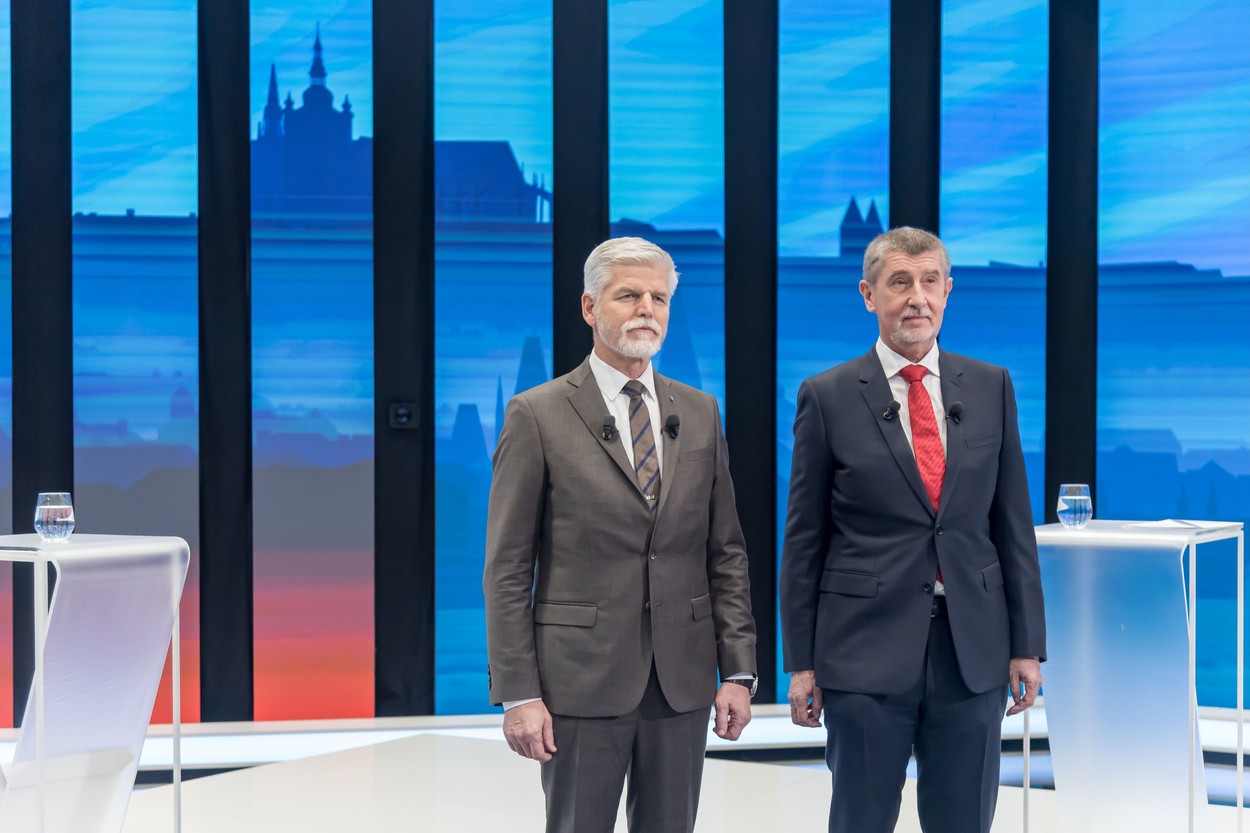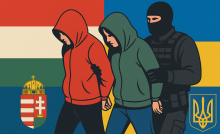Pavel calls for unity after landslide in Czech presidential elections


Retired General Petr Pavel, a former senior NATO commander, won the Czech presidency in a record-breaking victory over former prime minister Andrej Babis on Saturday.
In the head-to-head second round of voting, pro-EU Pavel received 58.3% of the ballots, to Babis’s 41.68%, the largest ever victory margin recorded in a Czech presidential contest, by over 958,000 votes.
Although the Czech presidency is primarily ceremonial the role also involves appointing government officials, selecting the central bank governor, and serving as commander of the armed forces. Presidents also have the authority to select prime ministers following elections.
Pollsters had predicted accurately the wider victory margin than in the first round two weeks ago, when Babis narrowly won in a bigger field, but not the majority necessary to avoid a runoff vote. Pavel likely received many votes from those who had put Danuse Nerudova in third place in the first voting round.
At the end of a heated campaign, Pavel tweeted “May truth, honour and dignity return to our whole country”. Having secured victory, he repeated his frequent call for more national unity. “There are no winners and losers in the victory of values. We are one community and we must stick together.”
While Babis had repeatedly accused Pavel of risking the Ukraine war spilling over its borders, the former soldier said he supports providing continuous aid and support to Ukraine, and dismissed his rival’s comments as fearmongering.
The result was another blow for Babis, who until his election defeat in 2021 served as Czechia’s prime minister for five years. He tweeted: “I urge my voters to give the ANO movement the same number of votes in the parliamentary elections in 2025. ANO is the only one that helps people and is here for them. And you can count on me. I will continue to help you.”
Fiala slams ‘vilest’ campaign, EU backs Pavel
Pavel, 61, who describes himself as “right of centre, with a strong social emphasis”, has said he voted in the 2021 election for the now ruling Spolu coalition. Although he ran as an independent, he was one of three candidates endorsed by the Spolu alliance.
Czech Prime Minister Petr Fiala characterised the campaign as “one of the vilest… in our modern history.” Fiala wrote “Populism was directly linked to extremism, and that is extremely dangerous.
“I would therefore now like to appeal to all politicians, as well as other public figures, including journalists, so we can do everything to calm down the situation in the months ahead.”
Prague Mayor Zdenek Hrib called Pavel’s win “an unprecedented victory for liberal values”, adding that the president-elect supports “equal opportunities, the adoption of the Istanbul Convention, marriage equality, and the legalisation of cannabis”.
Pavel turns page on regime-change era – analyst
Pavel will replace the current right-wing president, Milos Zeman, who, after serving two terms, will step down on 9 March. During his decade-long tenure Zeman has been criticised for being divisive and backing authoritarian regimes, as well as disrespecting the Constitution. Zeman, who backed Babis’s candidacy, visited Serbian President Aleksandar Vucic on Sunday.
Political scientist Jiri Peha wrote in Czech daily Denik N that the result is “a turning point in Czech politics for several reasons: it could also have fundamental impacts on the entire society. Not only because, unlike Milos Zeman’s expiring presidency, Pavel’s presidency will most likely not be a source of constant tension and conflict. But also because, 33 years after the fall of the communist regime, he offers a new perspective on the past.”
The era of the post-war big beasts has ended, according to Peha. “Whatever we think of (previous presidents) Vaclav Havel, Vaclav Klaus and Milos Zeman, each played a vital role in the Velvet Revolution and the subsequent turbulent transformation of Czech society in the 1990s.” During the campaign Pavel was frequently compared to Havel, the dissident playwright-turned-president who served as Czech head of state from 1993-2003.
Von der Leyen, Caputova react
European Commission President Ursula von der Leyen praised the president-elect’s “strong commitment to our European values” adding that “your experience in security, defence and foreign relations will be precious to maintain and strengthen Europe’s unity in support of Ukraine.”
She revealed that she had already spoken to Pavel “to invite him to Brussels. We had a good first discussion on our joint priorities, in particular the EU’s support to Ukraine for as long as it takes.”
However the first foreign politician to congratulate Pavel was Slovak President Zuzana Caputova, in person, as she paid a surprise visit to Pavel’s campaign HQ.
Pavel said his first foreign trip would be to Slovakia, as is traditional, followed by visits to all of Czechia’s neighbours. The two neighbouring countries agreed to align their respective foreign policies last year.
Pavel reportedly plans to visit Kyiv with Caputova in the spring. “Looking forward to our cooperation,” Caputova tweeted.
Recent Posts
Romania powers up CEE’s largest EV hub on EU-backed ultra-fast charging corridor
OMV Petrom has inaugurated Romania's largest electric vehicle (EV) charging hub on the A1 motorway…
Ukraine arrests pair for spying for Hungary
The Security Service of Ukraine (SBU) has arrested two Ukrainian military veterans in Zakarpattia, west…
Hungary pays neighbours to avoid blackouts: lessons from Spain’s recent energy crisis
Hungary currently leads the world for share of solar energy in its energy mix, as…
Rama set to retain power in Albania election
Albanian Prime Minister Edi Rama has claimed victory in Albania’s parliamentary election on Sunday, 11…
Bosnia’s EU accession requires pro-EU coalition – high representative
The EU can formally begin accession negotiations with Bosnia and Herzegovina (BiH) when a stable…
Estonia climbs to second in global press freedom rankings, Czechia makes top ten
Estonia has surged to second place in the 2025 World Press Freedom Index, its best-ever…


